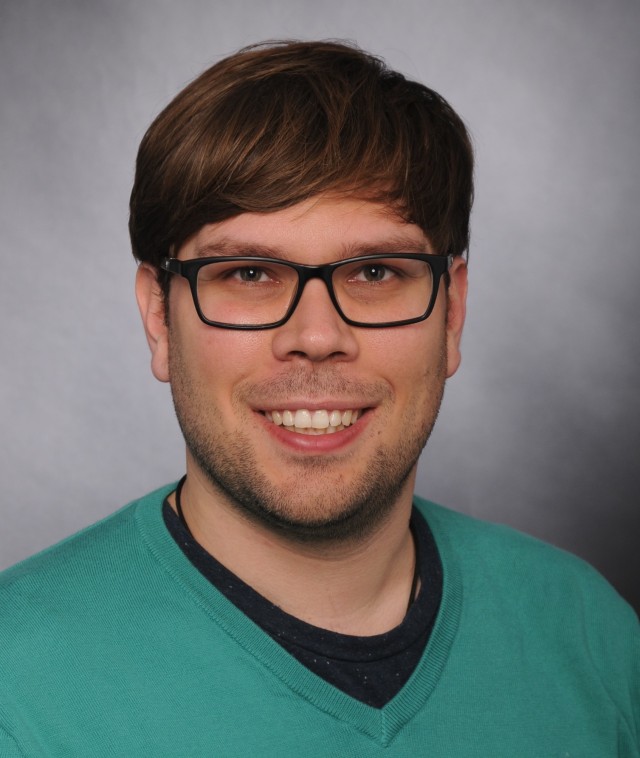21 January 2020
from 10:00
to 17:00
Determinantal quantum Monte Carlo for fermions: Introduction, selected applications and tutorial.
Address / Location
MPI of Quantum Optics | lecture hall B0.32
Hans-Kopfermann-Straße 1
85748
Garching
Show Map
Hide Map
The IMPRS-QST seminar series are courses organized by IMPRS-QST PhD students, featuring international speakers.
On 21 January 2020 Johannes-Stephan Hofmann from the Weizmann Institute of Science will held a course at the Max Planck Institute of Quantum Optics.
Talk title
Determinantal quantum Monte Carlo for fermions: Introduction, selected applications and tutorial

Abstract
Quantum Monte Carlo (QMC) algorithms are a very useful tool to investigate interacting quantum systems of fermions and/or bosons. They can be applied to realistic model such as graphene in order to study, for example, the velocity renormalization of the Dirac cone due to Coulomb repulsion. QMC methods can also be used to study phase transition in designer models in order to extract universal features such as the critical exponents which, for example, determine the scaling of the specific heat with temperature. This is seminar is planned to contain three parts: (i) an introduction to the fermionic determinantal QMC method, (ii) a discussion of selected application of this method, and (iii) a tutorial to the "Algorithms for Lattice Fermions (ALF)" software package with a hands-on session.
During the first part, the details of the algorithm will be discussed in some detail. This will include the idea of the method, potential pitfalls (such as the sign problem and auto-correlation times) and how to identify those issues. The application of the QMC method to various interacting topological systems will be discussed in the second part. The selection of models includes (1) a two-dimensional system with an isolated narrow topological band at partial filling with local attractive interactions, motivated by the superconducting state in twisted bi-layer graphene, (2) local moments, which may form a quantum spin liquid, that are Kondo-coupled to a Dirac semi-metal, and if time permits (3) the reduction of the non-interacting topological classification in the presence of correlations. The last part is going to be a hands-on tutorial about our free and publicly available software package ALF. This includes the compilation and simulation of predefined models, simple modifications and/or additions of observables, as well as a discussion of all code sections that are relevant to a new user-defined model system.
Registration deadline: 20 January 2020
powered by eveeno.de